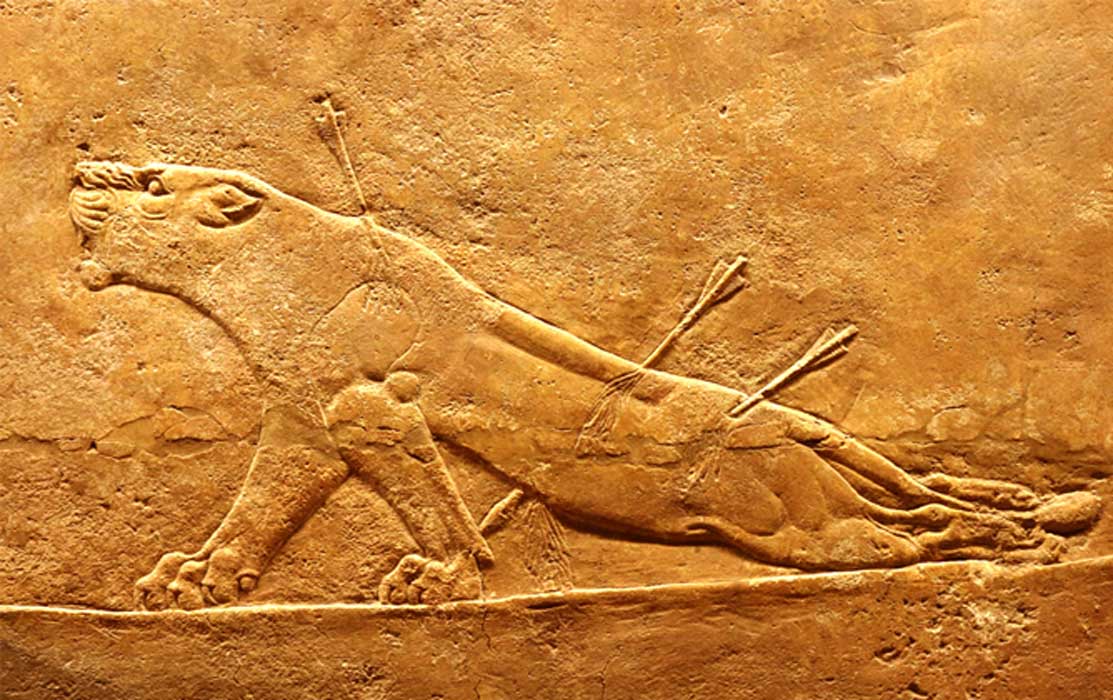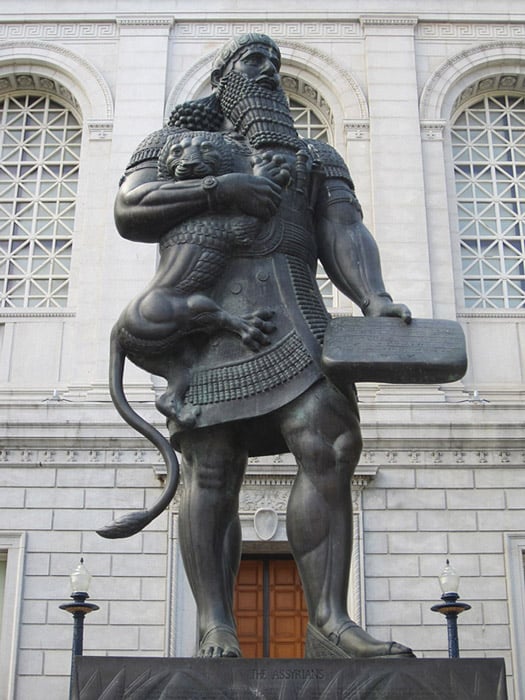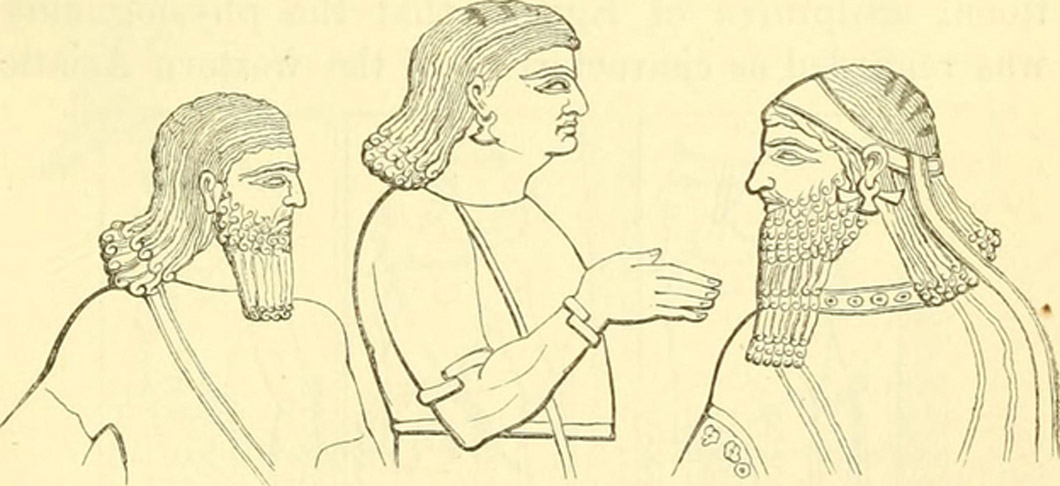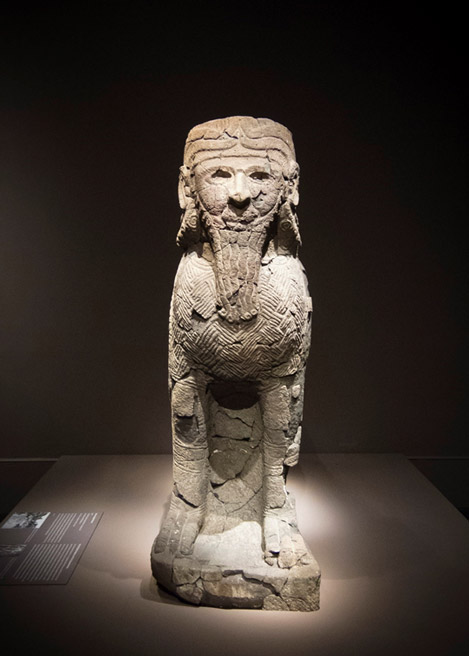
Hunting the Lions: A Dead King, and a Collapsing Assyrian Empire – Part I
The fall of Assyria was with a whimper and in no way ended with a bang. Instead, it ended in a slow, agonizing death. Ashurbanipal, Assyria's last great king, ascended the throne only to inherit a storm forming on the horizon. From the time he became king until his death, wars and revolts were commonplace throughout his empire. One could easily speculate that Ashurbanipal in fact died from pure exhaustion due to the series of wars he led. His army was stretched, exhausted, and depleted from conducting military operations.

Sculpture of Ashurbanipal (Public Domain)
The Fall of A King, The Rise of Troubles
Once the great Ashurbanipal died, his successors were not ready for the job and duty to support and defend the empire. His younger son Ashur-etil-ilani (still a young boy at the time), was chosen over Ashurbanipal's eldest by the chief eunuch, Sin-shumu-lishir. This eunuch is also said to have used a private army from Ashurbanipal’s estate in 631 or 627 BCE, so it appears this man had great influence over the court. When the young king finally took over the throne, he was forced to share power with at least several other people claiming rights to his position. This was because the region and its politics were still very unstable, so he really didn’t have much say in the matter. It should be noted that one of the contenders was Sin-shumu-lishir, the chief eunuch.

A drawing believed to represent Assyrians (a beardless eunuch in middle) (Public Domain)
Out of the many claiming rights to the throne, one was powerful enough to be mentioned in the ever-so-obscure Assyrian tablets that are silent for this period. This man’s name was Nabu-rihtu-usur. Nabu-rihtu-usur rose from obscurity and laid claim to the title of King of Assyria, gaining much support from Sin-shar-ibni, the governor of Te. In addition, many of the Assyrian citizens, including those of the city of Ashur, threw in their support for Nabu-rihtu-usur. It also appears that around this time, King Josiah of Judah rebelled against Assyria by throwing out objects considered pagan. These objects were thought to have had strong connections with Assyria (II Kings 23:12). Josiah then went on the attack, taking back former lands from Assyria that had once been occupied by the Northern Tribes of Israel (II Kings 23:15-20).
When the wars had subsided, the boy king Ashur-etil-ilani, gave property to his chief eunuch (Sin-shumu-lishir) as reward. Not only was this for his loyal support, but the eunuch had also been the commander and chief of Ashur-etil-ilani’s forces, and his military ability in defeating the king’s enemies must have been greatly received. In addition, the eunuch was exempt from paying taxes, as were those of his household and in fact anyone else of power who supported the young king as rightful heir to the throne. It later became evident that the royal house would eventually come under siege by those much stronger and more influential than even the royals were. This led to a total breakdown in royal authority and influence which not only affected the court but the empire as well.
It is said that Ashur-etil-ilani did not last long on the throne. His trusted eunuch Sin-shumu-lishir took control at some point, disposing of Ashur-etil-ilani and taking the throne for himself. He reigned for nearly a year. It could be possible though that Sin-shumu-lishir took over as acting king and was given the title of “sub-king,” until a suitable replacement could be found. The reason for this, some sources indicate, was that that Ashur-etil-ilani and his brother Sin-shar-ishkun were at war with each other over who was the rightful heir. Sin-shumu-lishir could have been left as the acting king until Ashur-etil-ilani had returned from his campaign against his brother, (and no doubt other enemies of Assyria too).





